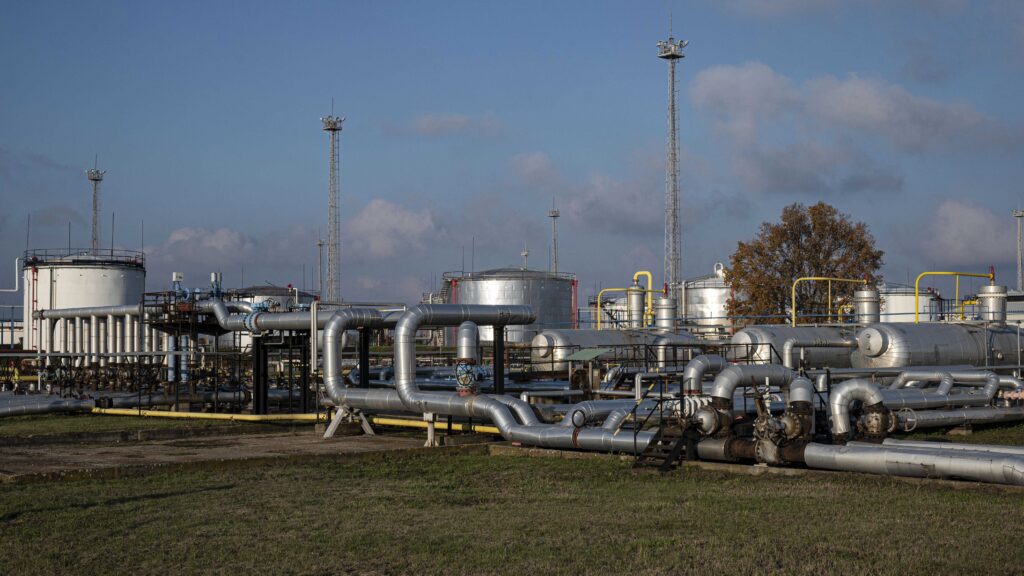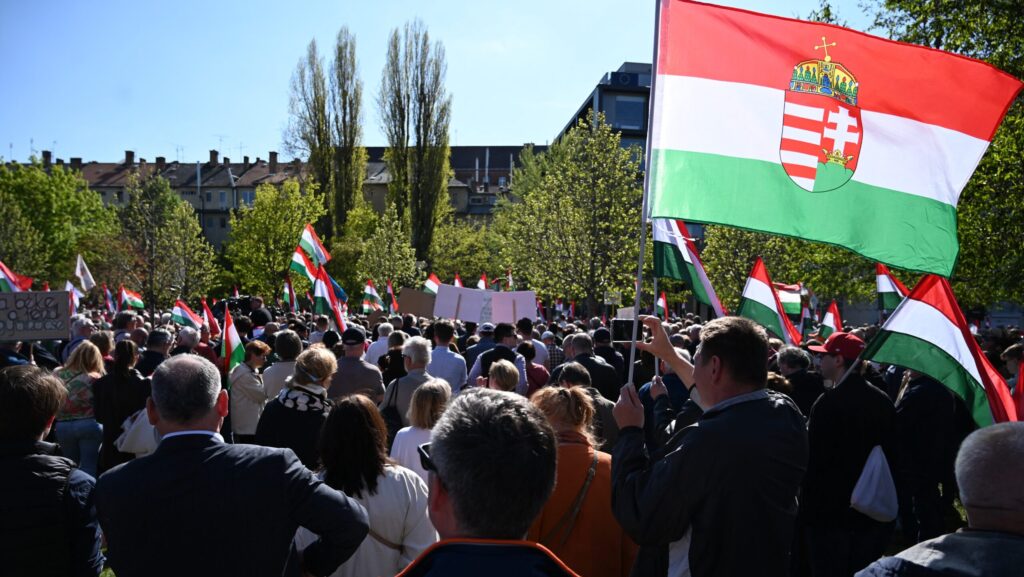The Hungarian Government launched a national consultation process last October to find out how Hungarian voters feel about the EU’s sanctions policy. The consultation ran for a month and its results were made public this past weekend.
The Consultation Results
Government spokesperson Alexandra Szentkirályi posted a video message on the official Facebook page of the Hungarian government on Saturday, in which she expressed gratitude to the nearly 1.4 million people who shared their opinion by completing the online or postal surveys. The sanctions the EU imposed on Russia for attacking Ukraine did not succeed in stopping the war and instead have caused and are continuing to cause Europe extreme economic hardship, she reiterated. She announced that the overwhelming majority of Hungarians, 97 per cent oppose the sanctions, including sanctions on atomic energy, the proposed gas sanctions, the oil sanctions, and any additional measures that would raise food costs or impact European tourism. She reminded that the Hungarian government had asked its population about sanctions before any other government in the EU had done so.
Hungarians Send Clear Message
According to the Parliamentary State Secretary of the Prime Minister’s Office Csaba Dömötör, who spoke to public Kossuth radio station on Sunday, the message of the national consultation is crystal clear: fewer expensive sanctions and greater voice for the people. Referring to a recent Reuters article, Csaba Dömötör noted that Brussels is preparing to propose a tenth set of nuclear energy-related penalties, which would have ‘far-reaching consequences’ for nations like Hungary that use a significant amount of nuclear energy.
The state secretary stressed that the overall economic picture for Europe is deteriorating, with the European economic region seeing the largest recession in the world. Dömötör also stated that the energy crisis was the biggest offender, with sanctions at the root of it, and that the overall economic growth of the EU may be just above zero as a result.
Majority of Europeans Blame Brussels for Energy Crisis
Not only Hungarians, but most European citizens also agree that the sanctions are to blame for the high energy prices. According to a Europe Project poll done by the Századvég Foundation, more Europeans now think that the European Commission’s ‘misguided energy policy’ is at least partially to blame for the EU’s current energy problem.
In January 2022, 75 per cent of the adult population who responded blamed Brussels; by December, this number had climbed to 79 per cent.
The results of the pre-war survey already demonstrated that the European Commission’s energy policies and strategy did not reflect the views and needs of Europeans. According to Századvég, the sanctions strategy of Brussels and the ensuing price hikes have made Europeans even more disgruntled.
The Tradition of National Consultations
The idea of asking the population directly about key matters emerged in in 2011 when the first national consultation was initiated by the Fidesz government about the new constitution of the country. The government-funded survey questionnaires are mailed to all voting-age Hungarian citizens. The envelopes also include a letter from the prime minister explaining the reason the government needs feedback on a given issue. Although it was elected officials who had drafted the New Fundamental Law’s text, 12 questions were distributed to the public for collective discussion on the document’s core ideas. Since then, citizens have been frequently consulted on major questions and decisions that would affect them.








